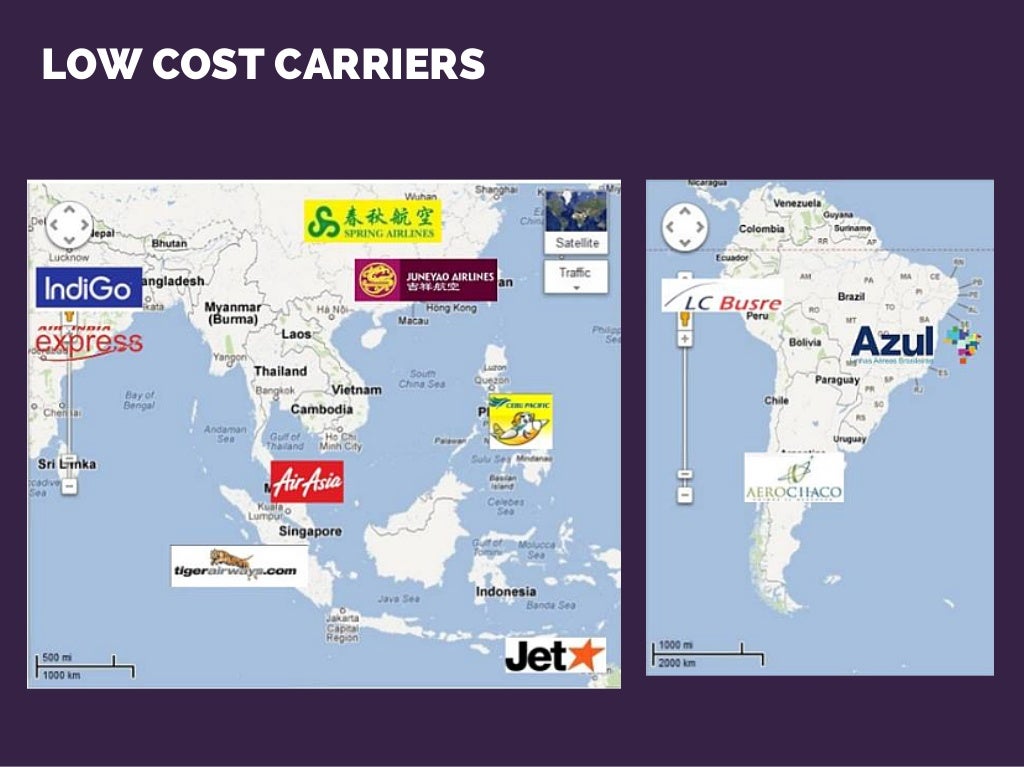The Rise of the Budget-Friendly Skies: Understanding Low-Cost Carriers
Are you looking for affordable travel options? Look no further than flightticketbooking.co.in, where you can find a wide selection of low-cost carrier (LCC) flights to various destinations. Low-cost carriers, also known as budget airlines or no-frills airlines, have revolutionized the aviation industry. They’ve made air travel accessible to a much broader segment of the population by offering significantly lower fares than traditional full-service airlines. This article explores the LCC business model, its impact on the industry, the benefits and drawbacks for passengers, and its future trajectory.
What Defines a Low-Cost Carrier?
The defining characteristic of an LCC is its relentless focus on cost reduction. This isn’t simply about cutting corners; it’s about fundamentally rethinking every aspect of the airline’s operation to minimize expenses. Here are some of the key strategies LCCs employ:
- Single Aircraft Type: LCCs typically operate a single type of aircraft, often the Airbus A320 family or the Boeing 737 series. This simplifies maintenance, pilot training, and crew scheduling, leading to significant cost savings.
- High Aircraft Utilization: LCCs aim to keep their aircraft in the air as much as possible. This means shorter turnaround times at airports, more frequent flights, and fewer idle aircraft.
- Secondary Airports: To avoid high airport fees and congestion, LCCs often fly to smaller, less busy airports that are located outside of major city centers.
- Point-to-Point Routes: Instead of relying on hub-and-spoke systems like traditional airlines, LCCs often operate point-to-point routes, flying directly between destinations with high demand.
- Unbundled Services: LCCs strip away the "frills" that are included in the price of a traditional airline ticket. Passengers pay extra for things like checked baggage, seat selection, meals, and in-flight entertainment.
- Direct Sales: LCCs prefer to sell tickets directly to customers through their websites or call centers, avoiding commissions paid to travel agents.
- Lean Workforce: LCCs often have a smaller workforce than traditional airlines, and they may negotiate more flexible labor agreements with their employees.
The Impact of LCCs on the Aviation Industry
The emergence of LCCs has had a profound impact on the aviation industry:
- Increased Competition: LCCs have forced traditional airlines to lower their fares and become more efficient in order to compete.
- Market Expansion: LCCs have opened up new markets and made air travel accessible to people who previously couldn’t afford it.
- Tourism Growth: The lower fares offered by LCCs have stimulated tourism in many regions.
- Shift in Passenger Expectations: Passengers have become more accustomed to paying for unbundled services and are more willing to accept a less luxurious travel experience in exchange for a lower fare.
Benefits of Flying with an LCC
- Lower Fares: This is the primary advantage of flying with an LCC. Fares can be significantly lower than those offered by traditional airlines, especially if you book in advance and are flexible with your travel dates.
- Direct Routes: LCCs often offer direct flights to popular destinations, which can save you time and hassle.
- Increased Choice: The growth of LCCs has given passengers more options when it comes to choosing an airline and a route.
- Stimulation of Tourism: LCCs often fly to smaller, less-visited destinations, which can help to stimulate tourism in those areas.
Drawbacks of Flying with an LCC
- Extra Fees: The base fare offered by an LCC may seem attractive, but you need to factor in the cost of extra fees for things like checked baggage, seat selection, and meals. These fees can quickly add up and make the total cost of your trip higher than you expected.
- Less Comfortable Experience: LCCs often have smaller seats and less legroom than traditional airlines. You may also have to pay extra for things like in-flight entertainment.
- Secondary Airports: Flying to a secondary airport can be inconvenient, as it may be located far from the city center and require additional transportation.
- Less Frequent Flights: LCCs may not offer as many flights per day as traditional airlines, which can limit your flexibility.
- Strict Baggage Policies: LCCs often have very strict baggage policies, and you may be charged hefty fees if you exceed the weight or size limits.
- Customer Service Challenges: Some LCCs have been criticized for their customer service, particularly when it comes to handling flight delays or cancellations.
Tips for Flying with an LCC
- Book in Advance: The earlier you book, the more likely you are to get a lower fare.
- Be Flexible with Your Travel Dates: Fares can vary significantly depending on the day of the week and the time of year.
- Travel Light: Avoid checking baggage if possible, as this can save you a lot of money.
- Read the Fine Print: Be sure to read the airline’s terms and conditions carefully, so you know what to expect.
- Factor in Extra Costs: When comparing fares, be sure to factor in the cost of extra fees for things like baggage, seat selection, and meals.
- Consider Travel Insurance: If you are concerned about flight delays or cancellations, consider purchasing travel insurance.
The Future of Low-Cost Carriers
The LCC model is likely to continue to evolve and adapt to changing market conditions. Some trends to watch for include:
- Long-Haul LCCs: Some LCCs are now offering long-haul flights to destinations around the world. This trend is likely to continue as airlines find new ways to reduce costs and make long-distance travel more affordable.
- Ancillary Revenue: LCCs are increasingly relying on ancillary revenue, such as fees for baggage, seat selection, and in-flight meals, to boost their profits.
- Partnerships: LCCs are increasingly partnering with other airlines, hotels, and car rental companies to offer bundled travel packages.
- Technology: LCCs are using technology to improve efficiency and enhance the customer experience. This includes things like online check-in, mobile apps, and self-service kiosks.
- Sustainability: As environmental concerns grow, LCCs are under pressure to reduce their carbon footprint. This is leading to investments in more fuel-efficient aircraft and alternative fuels.
Conclusion
Low-cost carriers have transformed the aviation industry, making air travel more accessible and affordable for millions of people. While there are some drawbacks to flying with an LCC, the lower fares often outweigh the disadvantages. By understanding the LCC business model and following the tips outlined in this article, you can save money on your next flight and enjoy a budget-friendly travel experience.










